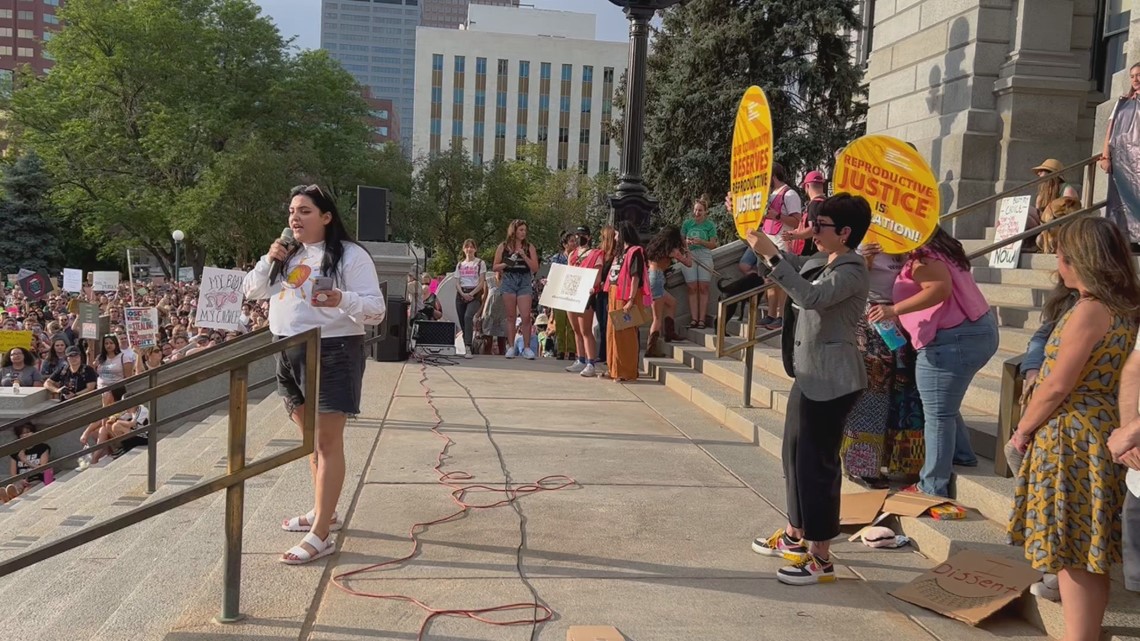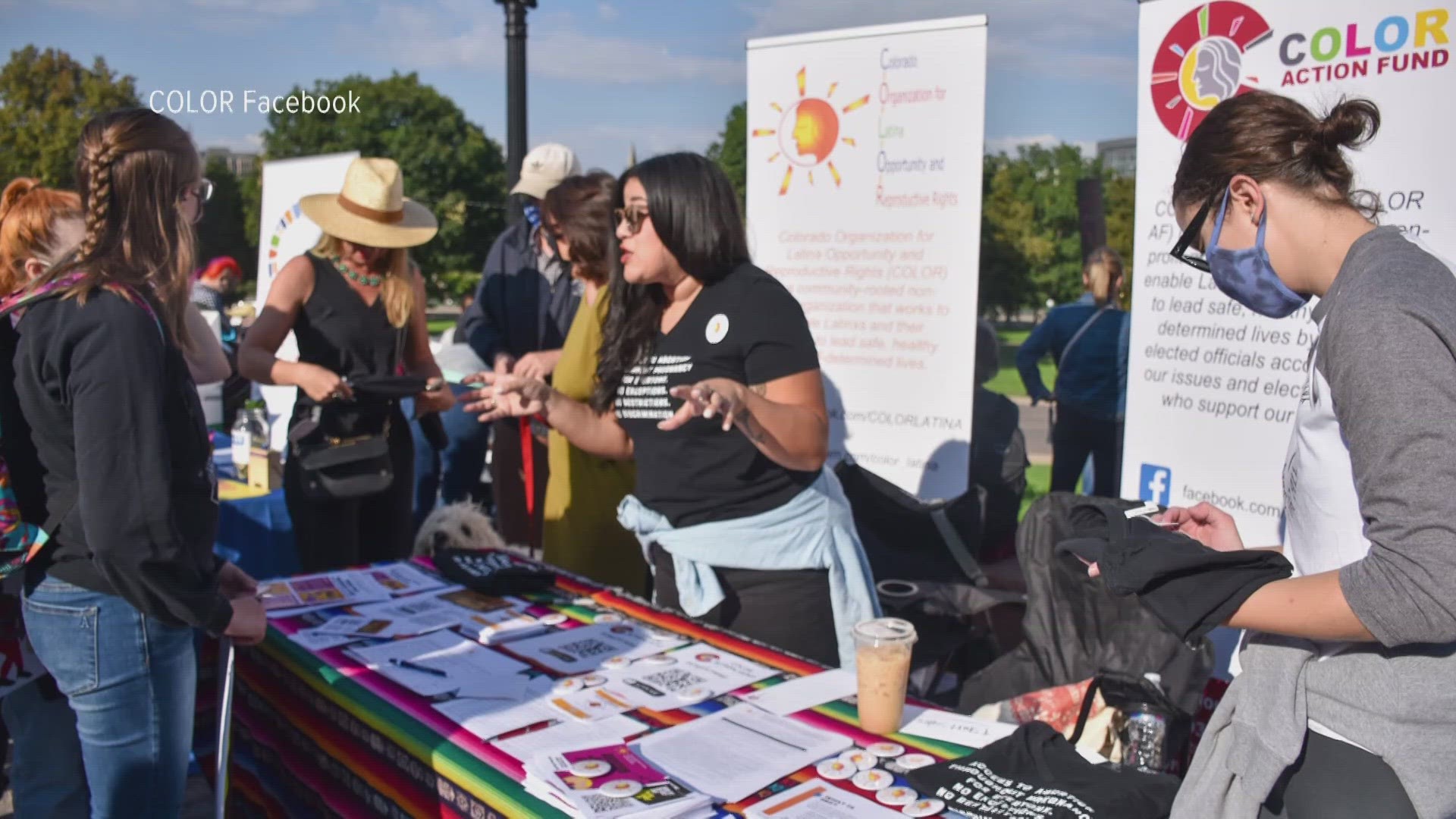DENVER — While Colorado protects the right to an abortion — a protection by state law — the future of one method of abortion is now in question.
This week a federal judge in Texas suspended the Federal Drug Administration's (FDA) two-decade-old approval of the drug mifepristone.
It's part of a two-drug regimen in the medication abortion process, and one of the more common methods of abortion according to several research and policy centers.
Another federal judge out of Washington state immediately contradicted it with a ruling that the FDA must keep the drugs available in at least 17 states, including Colorado.
The back-and-forth could pave a path all the way to the Supreme Court.
“This decision is an attack on people seeking abortion care and pro-abortion rights states like Colorado," said Cobalt President Karen Middleton in a statement.
Cobalt is a Colorado-based organization that advances abortion access and reproductive rights.
"Abortion is health care. We will continue to support and advocate for patients who need abortion care in Colorado," the statement read in part.


Organizations like the Colorado Organization for Latina Opportunity and Reproductive Rights (COLOR) work to connect women, with an emphasis on Spanish speakers, to culturally responsive services.
"That means that when people come with us, with their stories, seeking care, asking questions, asking who to trust, if they're from another community, they come to us to ask those questions," said Aurea Bolaños Perea, strategic communications director for COLOR.
While they've done this work for many years, they've focused recently on making sure clinics in the area have translators on call when needed for Spanish speakers, among other things.
"We realized a lot of folks were feeling a bit deflated because they couldn't talk to somebody in their language of their choosing in these clinics," Perea said. "So now we know that a lot of clinics here in Colorado have ensured that they have a language hotline or somebody on call that can offer those services in the community where people feel the safest."
As far as the ruling goes, Perea says while they are concerned, they're hoping to also continue their advocacy, starting with education.
"That is going to be a huge impact to communities of color, to young people. They'll want to be able to make those decisions for themselves," she said.
SUGGESTED VIDEOS: Latest from 9NEWS

